The largest US military offensive in the African continent after 2005 began on Monday, February 17, with the participation of armed forces from 34 nations in Mauritania, west of the African continent, and will continue until February 28.
The operation codenamed “Flintlock 2020” began with more than 1,600 troops from 34 Western, African and Arab countries in the city of Atar, 430 kilometres north of Mauritania’s capital Nouakchott.
It includes countries such as the US, UK, France, Germany, Italy, Spain, Japan, Canada and African states such as Senegal, Mauritania, Mali, Ivory Coast, Cameroon and the Maghreb.
Mauritania has previously hosted several US-led military manoeuvres, the last of which was held in West Africa on February 4, 2019.
It can be said that the military exercise is the outcome of a series of efforts over the years by US officials to maintain a presence in Africa. In fact, these efforts began with the establishment of the US Military Command in Africa (AFRICOM). They started their activities in Africa under the cover of a fight against terrorism and protection of oil transfer pipelines. The command office, which operates the sixth division of US troops overseas, was set up after the gap created following the collapse of the Soviet Union provided new opportunities for America on the African continent, and after China carried out very important plans within a comprehensive strategy to maintain political and economic presence in many African countries.
The creation of such an office is the beginning of an increase in the presence of US troops and military advisers in African states, and Washington officials have sought to consolidate their presence in the main African military headquarters under the cover of training African troops.
Countering China’s Politico-Economic Presence in Africa
The plan also includes the presence of US troops in Africa along with efforts by Washington and some Western capitals to create the southern branch of the NATO military alliance: Attempts that this time due to disintegration of the former Soviet Union was made to restrict China’s economic and political presence in Africa; yet, more importantly, is a covert attempt to suppress Islamic movements that may have great potential for emergence in rich African states.
The US has, of course, tried to reduce the sensitivity of these countries, especially France and Britain (which had the largest colonies in Africa) by attracting the cooperation of other industrialized nations (members of the G7) and to emerge as a united and coordinated Western front in Africa. The front that is currently lacking the necessary coherence due to the policies of Donald Trump, the current US president and must take a long course toward achieving the desired status.
Preparing to Fight Anti-Colonial Grassroots Movements in Africa
What has emerged as a joint US-led military exercise in Mauritania is, on the one hand, an attempt to bring greater harmony to the Western Front and, on the other, a demonstration of the power of the capitalist world over its Chinese rivals. However, the orientation of the anti-Islamic movement of this exercise remains unknown. Mauritania and its neighbours in West Africa are currently witnessing young societies launching a new round of anti-colonial movements in academic circles and Islamic centres, and have in particular put colonial policies in serious danger in West African countries.
Although such Islamist and academic movements have not yet been reflected in the media, they are among the issues that the Western world regards a major future threat to its interests in Africa and seeks to prepare for confrontations that have the potential to become political and even military movements.
Therefore, what is most prominent in these exercises is not to confront classical armies or government troops, but rather manoeuvres designed to suppress Muslim nations in West Africa with counterinsurgency capabilities.

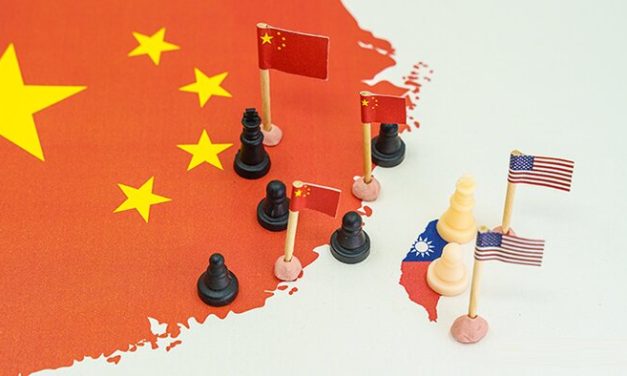
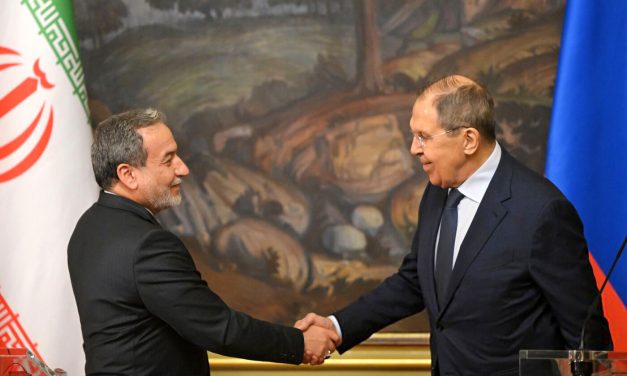
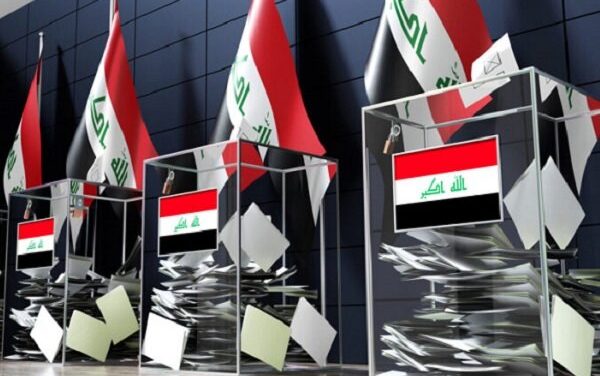

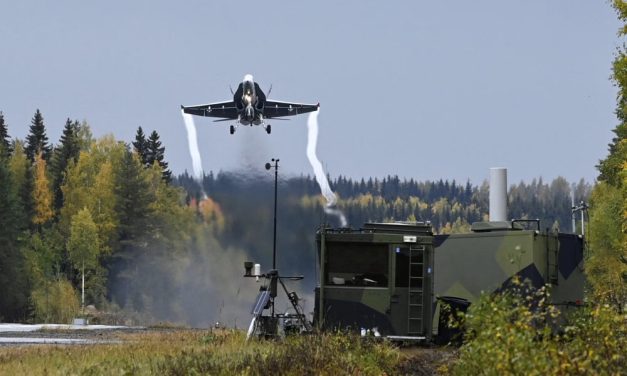
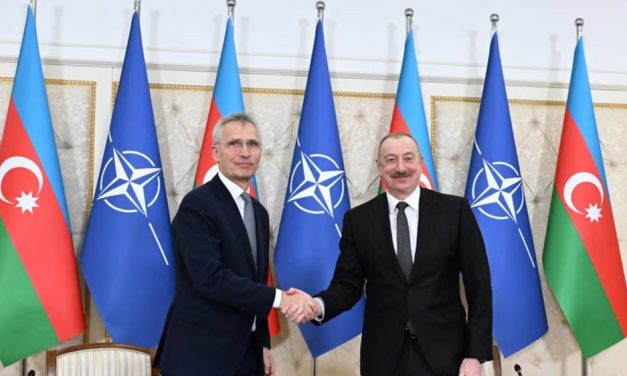
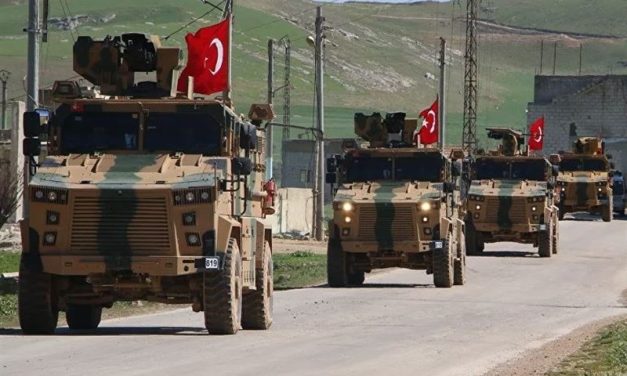
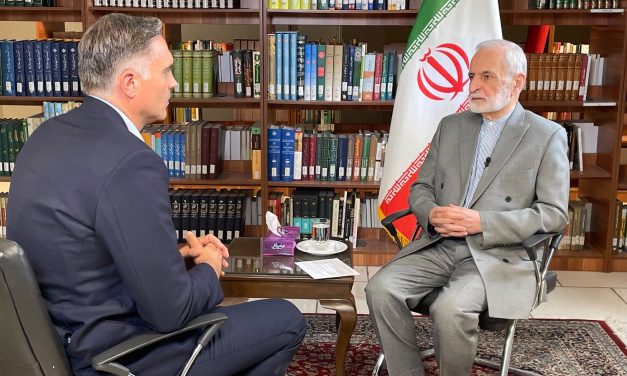

0 Comments